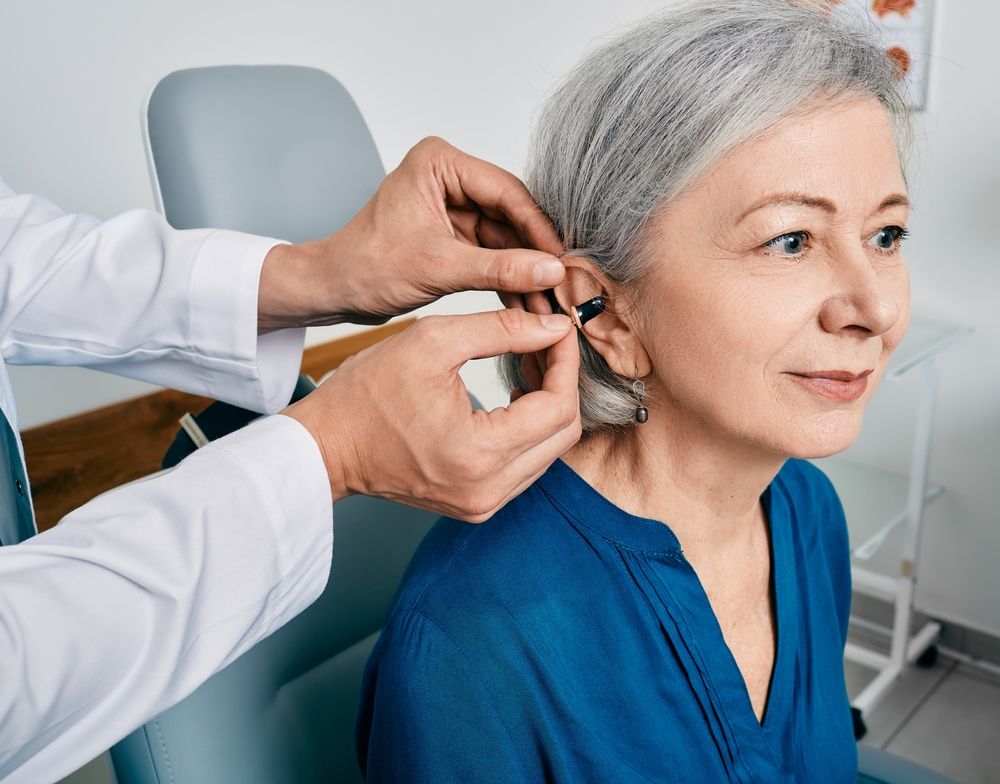
Purchasing your first pair of hearing aids can be a mix of anticipation and anxiety. Whether you’re eager to enjoy discussions more clearly, reconnect with loved ones, or just hear the world around you again, it’s a huge step toward better hearing health. But like any new experience, it’s normal to have concerns, particularly about how hearing aids will feel and how long it may take to adapt.
New users often have apprehensions about the experience. Will the hearing aid be cumbersome or unpleasant to use? Will day-to-day sounds seem too loud? Will it take a long time to get used to them? Most individuals share these concerns, yet with effective support and some patience, many find that wearing hearing aids becomes a normal and convenient facet of their everyday activities.
As you get through this change, it’s essential to comprehend what lies ahead and take proactive steps to reduce any disruption, ensuring a seamless assimilation into your new situation.
What you can expect during the first period of adjustment
So, are hearing aids uncomfortable? At first, they might take some getting used to, particularly if you’re not used to having objects in your ears. Just like wearing a new pair of glasses or adjusting to a wristwatch , it takes time for your brain and body to adjust.
You will observe the most significant changes in two primary areas in the initial weeks of using hearing aids.
Bodily feeling
You might initially detect some pressure or unfamiliarity in your ear canal. It is standard and common for many specialists in hearing health to suggest a progressive strategy to using the device, starting with a few hours every day and gradually extending the time.
A bit of discomfort is okay, but pain isn’t. If you experience soreness or pain from your devices, reach out to your hearing care professional without delay. They have the capability to modify the fit or experiment with a different style that would be more appropriate for the shape of your ear.
Perception of sound
One of the most unexpected parts of the adjustment process is hearing daily sounds that you may not have heard before.
At first, everyday sounds like the fridge’s gentle thrum, birds chirping, or the creak of your own footsteps can seem unusually loud. As a result, your brain is reacquainting itself with a wider spectrum of acoustic signals.
It might seem overwhelming, but your brain will steadily learn to filter out unimportant background noise and focus on what really matters, like voices and music. This is just your auditory system “retraining” itself.
Suggestions for increasing the comfort and effectiveness of hearing aids
The good news is that there are numerous strategies to help you feel more comfortable and self-assured while adapting to your new hearing aids:
1. Start gradually
Don’t feel under the gun to wear your hearing aids all day immediately. Start out with committing one to four hours daily, especially in tranquil settings like your residence.
As you become more familiar with the devices, you can incrementally increase your usage to a comfortable degree.
2. Practice makes perfect
Try using your hearing aids while participating in activities that help your brain adapt. Engaging in activities like following along with audiobooks as you read or watching movies taht have subtitles can enhance your ability to recognize speech and improve your listening skills in an enjoyable manner.
3. Stay in touch with your hearing specialist
Performance and fit are closely linked. If you experience any discomfort or notice that something is not right, including the fit of the device or the sound quality, take action immediately. Your audiologist can calibrate your hearing aids and offer suggestions for improved outcomes. A personalized hearing aid tailored to your specific ear shape and requirements could be the most suitable choice in specific situations.
Embracing your new hearing experience
It’s entirely normal to experience a brief adaptation period with your hearing aids. With regular use, proper care, and support from your hearing specialist, your hearing aids will soon feel like second nature.
Rather than focusing on the device itself, your attention will switch to the joys of clearer conversations, nature sounds, music, and day-to-day interactions.
The key is patience, practice, and staying proactive about your comfort. Soon, your hearing aids will not only improve how you hear, but also how you live.